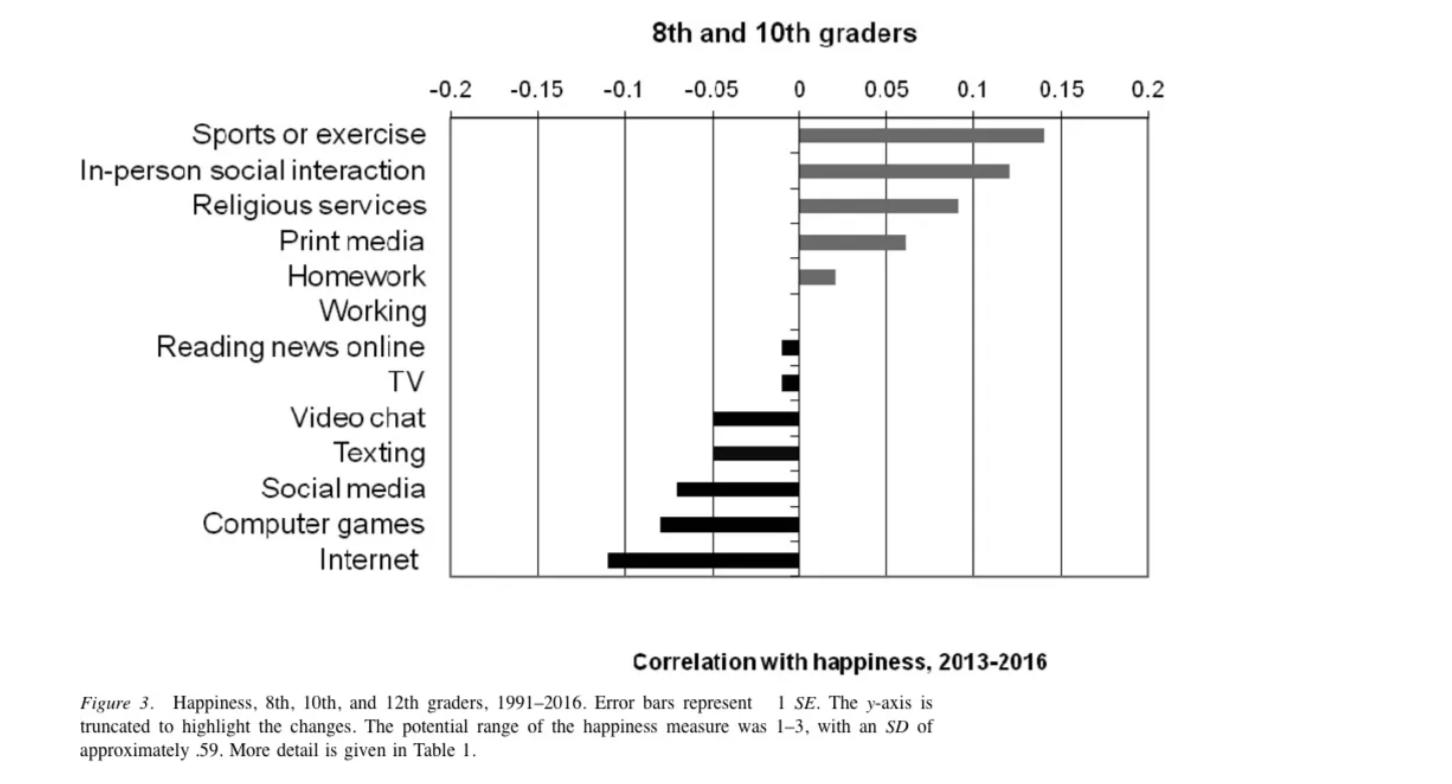Nowadays, it’s nearly impossible to keep teens away from screens entirely. Whether they’re studying, socializing, or unwinding, screens are an integral part of their lives.
As parents, it’s crucial to strike a balance between allowing screen time and ensuring it doesn’t become detrimental. This guide will walk you through the art of managing your teen’s screen time effectively while fostering a healthy relationship with technology.
1/ The Impact of Excessive Screen Time
Excessive screen time can have profound effects on a teen’s physical and mental well-being. It can lead to:
- Sleep problems
- Less engagement in schoolwork (dropping grades)
- Less quality time (family time)
- Less time outdoors
A study argues that US adolescents who spend a lot of time on screens and less time outside are prone to lower psychological well-being.

Understanding these implications is the first step towards healthier screen time management.
2/ Taking action in sanitizing your children’s digital life
a) Setting Screen Time Limits
Setting limits is essential. Create a daily or weekly screen time schedule with your teen, including breaks and offline hours.
Be firm but flexible, taking into account their school workload and extracurricular activities.
b) Screen Time Guidelines by Age
Different age groups have different screen time needs. Stay informed about recommended screen time limits for your teen’s age and adjust accordingly.

c) Quality vs. Quantity
Not all screen time is equal. Emphasize the importance of quality content over mindless scrolling.
There are many ways to make screen time productive and enriching. Promote educational content and encourage your teen to explore :
- Educational apps
- Documentaries
- Engaging games
d) Utilizing Parental Control Tools
Explore parental control apps and settings to monitor and limit screen time. These tools can be invaluable in keeping your teen safe online.
Mr Arthur does just that and keeps your children safe from digital hazards, by proposing a system of security levels.
Your children also stay on the learning curve with our incentive to education: Spend time on education apps and get rewarded free time on your favorite apps.
3/ Finding Balance
a) Encouraging Alternative Activities
Balancing screen time with other activities is key. Encourage hobbies, sports, and face-to-face socialization to prevent screens from dominating your teen’s life.
From painting to hiking, finding alternatives to screen time can be both fun and rewarding.
b) Co-Viewing and Discussion
Watch movies or series together and engage in discussions. This not only enhances their critical thinking but also provides opportunities for bonding.
c) Leading by Example
Set a positive example by managing your screen time wisely. If they see you glued to your phone, they’re more likely to follow suit.
4 / Open Communication
Maintaining open communication is crucial in understanding your teen’s online experiences and concerns.
a) Recognizing Warning Signs
Learn to recognize warning signs of excessive screen time, such as irritability or declining school performance. Address these issues calmly and empathetically.
b) Building Digital Literacy
Teach your teen about online safety, privacy, and critical thinking. Equip them with the skills to navigate the digital world responsibly.
Conclusion
Balancing screen time for teens is a delicate art, but with open communication, informed decisions, and a focus on quality content, you can guide your teen toward a healthier relationship with screens.
Remember, it’s not about eliminating screen time but making it a valuable part of their lives.
Click here for a similar article on How much screen time is too much.
FAQs
- How much screen time is too much for a teenager?
The recommended screen time for teens varies by age, but a general guideline is no more than 2-3 hours of recreational screen time per day. However, quality and content matter more than strict time limits.
- Are parental control apps effective in managing screen time?
Yes, parental control apps can be effective tools for managing screen time. They allow you to set limits, monitor usage, and ensure your teen’s online safety.
- How can I encourage my teenager to participate in offline activities?
Lead by example and involve them in activities you both enjoy. Encourage their interests and provide opportunities for them to explore new hobbies.
- What should I do if my teen resists screen time limits?
It’s common for teens to resist limits, but consistency is key. Explain your reasons, listen to their concerns, and find compromises when necessary.
- Is all screen time harmful for teenagers?
No, not all screen time is harmful. It depends on the content and how it’s used. Educational and interactive screen time can be beneficial for learning and skill development.